Qatar, Jan 12, (V7N) - Israeli Prime Minister Benjamin Netanyahu has made a significant move in the ongoing ceasefire negotiations related to the war in Gaza by sending David Barnea, the director of Israel’s Mossad intelligence agency, to Qatar. This development marks an important shift, with high-level Israeli officials now directly involved in the talks, which are mediated by the United States, Egypt, and Qatar.
While the exact timing of Barnea’s trip to Doha remains unclear, the U.S. has pressured Israel and Hamas to reach a deal before the upcoming presidential inauguration on January 20. This urgency has been driven by the continued violence in Gaza, which has claimed tens of thousands of lives, the majority of whom are women and children, according to Gaza's Health Ministry.
The ceasefire negotiations are focused on a phased approach, with Israel indicating that it will only commit to the first phase—a partial release of hostages in exchange for a temporary halt in fighting. Hamas, however, insists on a full Israeli withdrawal from Gaza, which Israel has rejected, as Netanyahu emphasizes Israel’s goal of neutralizing Hamas’s ability to fight. This disagreement continues to be one of the key sticking points in the discussions.
Israel’s military has claimed that more than 17,000 Hamas militants have been killed during the course of the war, although it has not provided evidence to support this claim. However, despite these reports, the fighting continues, with heavy casualties on both sides. In recent days, Israel’s military reported the deaths of four soldiers, bringing the total number of Israeli military deaths to over 400. Furthermore, at least 32 Palestinian bodies were delivered to hospitals in Gaza in the past 24 hours, a testament to the ongoing violence.
The issue of hostages remains a central concern. Hamas took approximately 250 hostages during its attack on Israel on October 7, 2023, which marked the beginning of the conflict. Since then, over 100 hostages have been freed, either through a November truce or through rescue operations, and some others have been recovered, either alive or dead. The families of the hostages, who have been continuously pressing for their loved ones’ return, have expressed hope that the ongoing negotiations in Qatar will finally bring an end to the ordeal.
Families of the hostages held in Gaza have rallied in Israel, urging Netanyahu to reach a deal. At a rally in Tel Aviv, outgoing U.S. Ambassador Jack Lew voiced optimism, saying, “We join together in the hope that the talks in Doha succeed.” However, despite the optimism, there remains an underlying sense of urgency, particularly after the recent discovery of two hostages' bodies, which reignited fears that time is running out for a successful resolution.
The key issues under discussion in the negotiations include which hostages would be released during the first phase of the ceasefire, which Palestinian prisoners would be freed in return, and the specifics of any Israeli withdrawal from population centers in Gaza. While the U.S. has expressed optimism about the possibility of a deal, officials acknowledge that these talks have faltered numerous times over the past year, and a successful outcome remains uncertain.
Meanwhile, in Gaza, the humanitarian crisis has escalated. The latest Israeli airstrikes on Gaza have resulted in civilian casualties, including a 5-year-old girl and several members of her family who were killed in Deir al-Balah, a central city in Gaza. Another airstrike on a school-turned-shelter in northern Gaza killed at least eight Palestinians, including two children and two women. Gaza’s Civil Defense reports that 30 others were wounded in this attack.
On the Israeli side, the military has continued its offensive against Hamas militants in northern Gaza. Despite the heavy toll on both sides, the fighting shows no sign of abating, with airstrikes and ground operations continuing. Israeli airstrikes have reportedly targeted Hamas command centers and militant positions, but civilian casualties remain a significant concern.
The situation in Gaza is dire, with millions of displaced people struggling to survive amid a lack of food, medical supplies, and basic necessities. Families like Hamza Saleh’s, who has been displaced in southern Gaza, are grappling with extreme hunger, as food aid remains scarce. Many residents of Gaza are calling on the international community to listen to their plight and offer assistance in the face of mounting destruction and loss of life.
As the ceasefire talks continue, the situation remains tense, and the international community watches closely, hoping that the negotiations will eventually bring an end to the devastating war in Gaza and facilitate the return of hostages to their families. The outcome of these talks will significantly shape the region's future and could provide a path to peace—or further entrench the ongoing conflict.
END/WD/SMA/



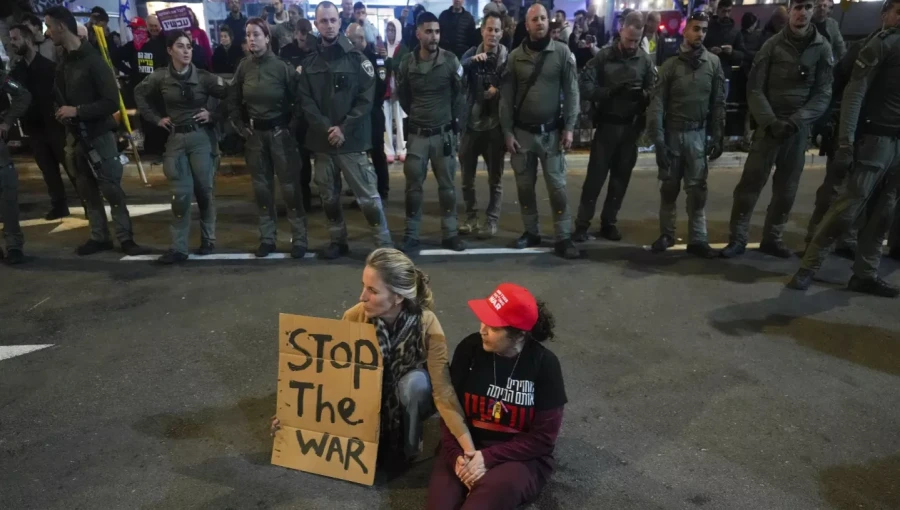
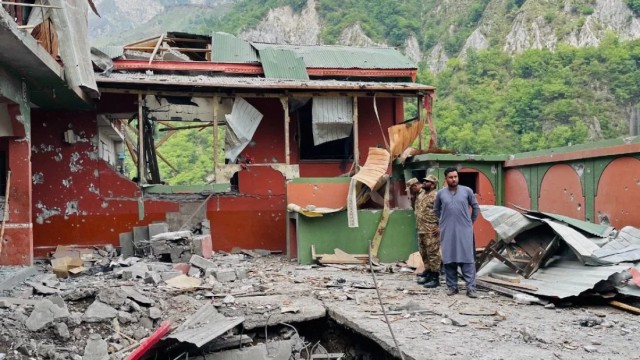
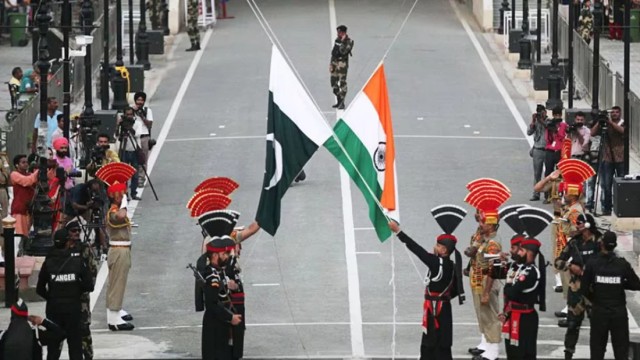
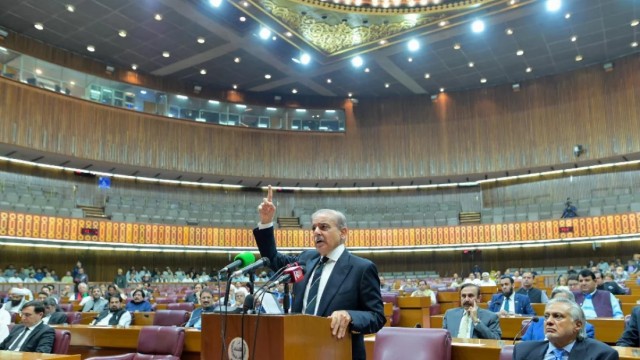
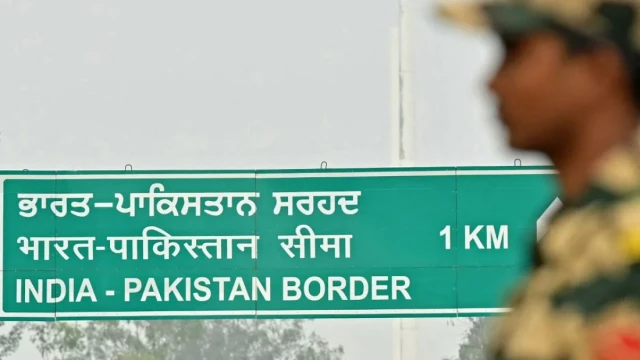
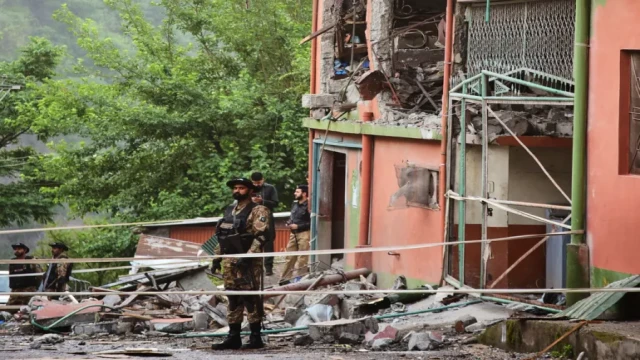

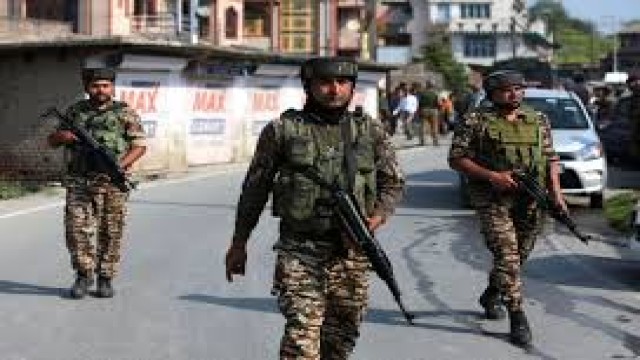



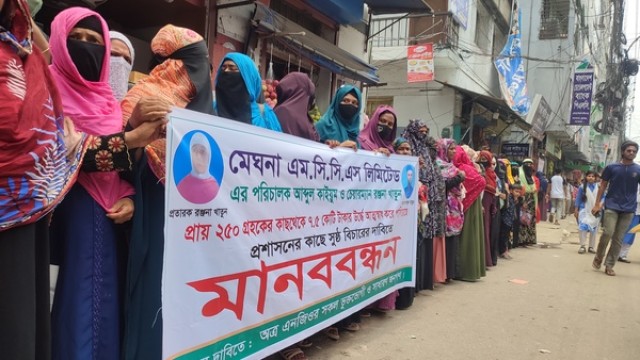
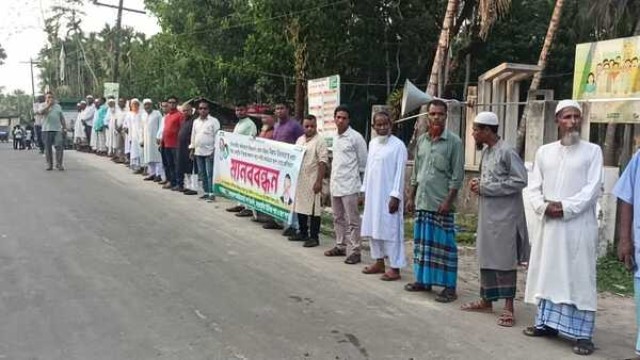
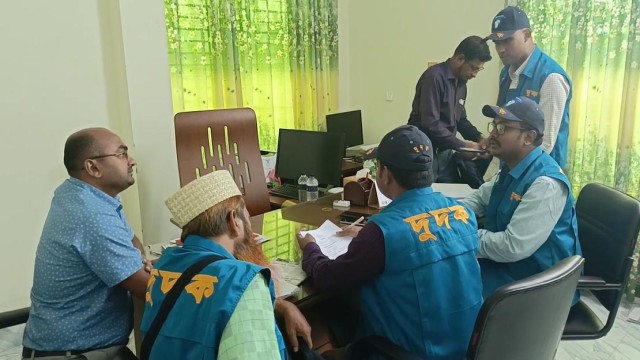
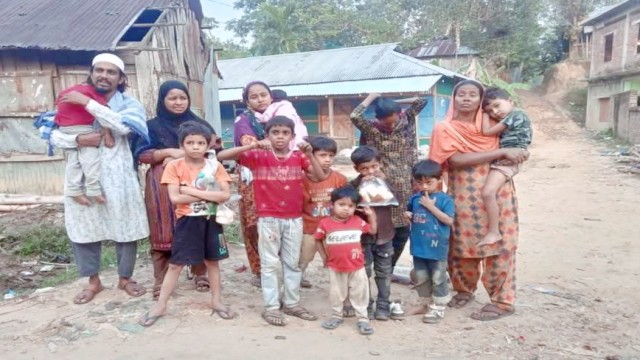
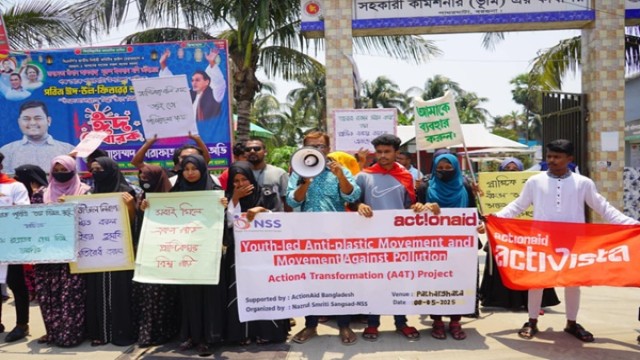
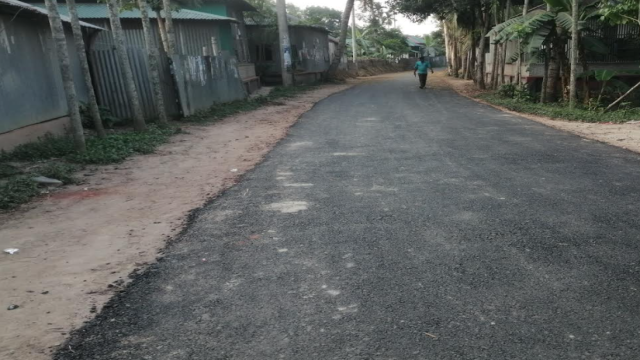

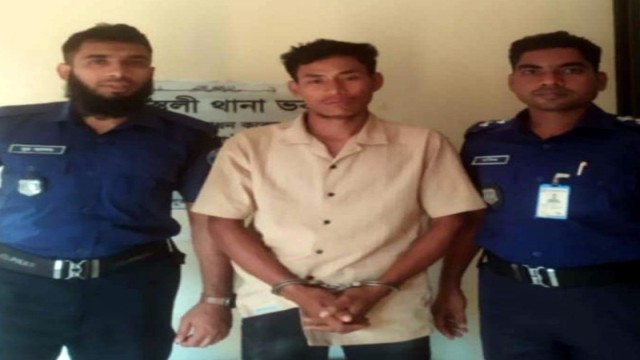
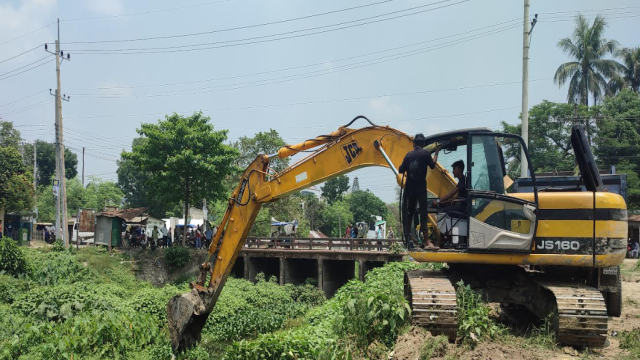
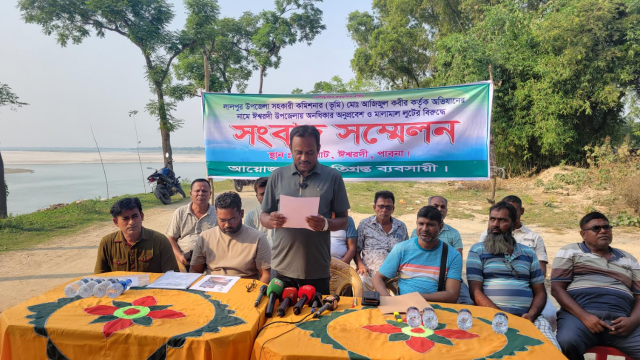
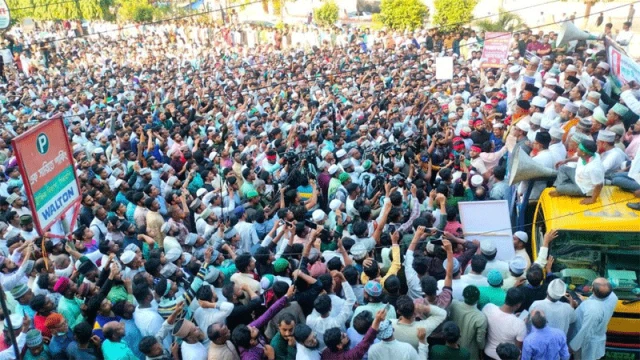
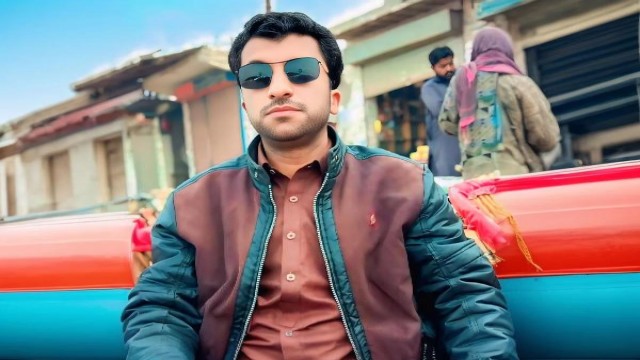



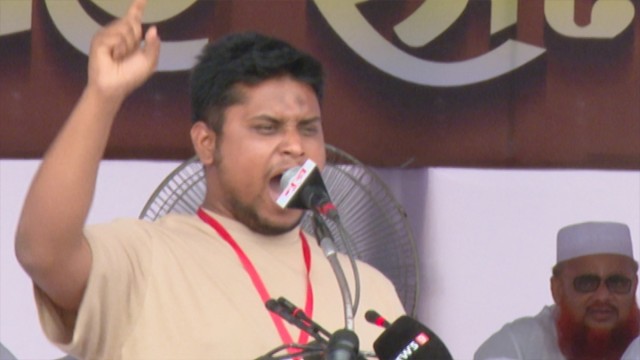
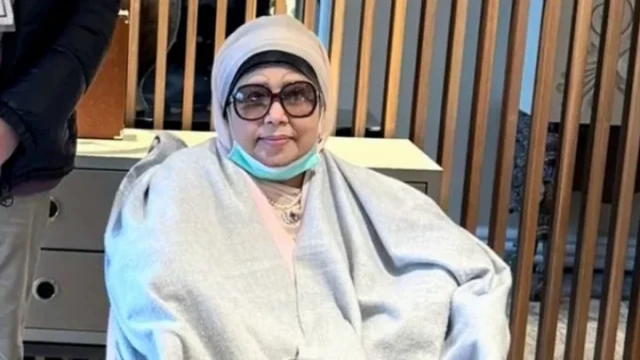
Comment: